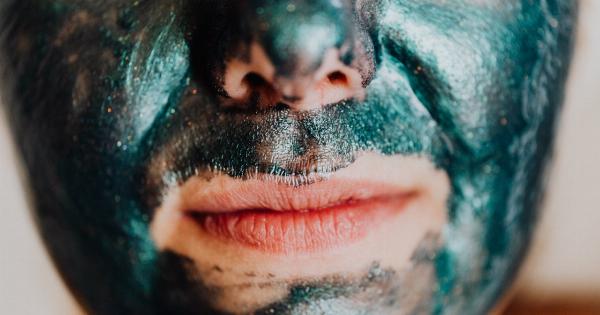Basal cell carcinoma (BCC) is a common type of skin cancer that affects millions of people worldwide. While BCC is typically not life-threatening, it can be disfiguring and cause significant discomfort.
In addition to sun exposure, certain comorbidities can increase an individual’s risk of developing BCC and other types of cancer. In this article, we will explore some of these comorbidities and discuss how they can impact your risk of cancer.
1. Weakened Immune System
Individuals who have weakened immune systems are at an increased risk of developing BCC and other types of cancer.
People who have HIV/AIDS, those who are undergoing chemotherapy or radiation therapy for other types of cancer, and individuals who have had an organ transplant are all at a higher risk for developing cancer because their immune systems are compromised. The weakened immune system isn’t able to target cancer cells as efficiently as it should, and this can allow cancer to grow and spread.
2. Age
BCC is more common in older adults, with most cases occurring in people over the age of 50. As we age, our skin becomes less elastic and more prone to damage. This damage can accumulate over time, leading to an increased risk of developing BCC.
While you can’t change your age, you can take steps to protect your skin from damage by staying out of the sun during peak hours, wearing protective clothing, and applying sunscreen regularly.
3. Genetics
BCC can be inherited, and individuals who have a family history of skin cancer are at a higher risk of developing BCC themselves. If your parents or siblings have had skin cancer, you should take precautions to protect your own skin from damage.
This includes staying out of the sun, wearing protective clothing, and getting regular skin checks from your dermatologist.
4. Fair Skin
People with fair skin, blonde or red hair, and blue or green eyes are at a higher risk of developing BCC. This is because fair-skinned individuals have less melanin in their skin, which provides some protection against the sun’s harmful rays.
If you have fair skin, you should take extra precautions to protect your skin from the sun, such as wearing a hat and long sleeves and using a broad-spectrum sunscreen with an SPF of at least 30.
5. Exposure to Certain Chemicals
Exposure to certain chemicals can increase the risk of developing BCC and other types of cancer.
Some of the most common chemicals include arsenic, which is found in some pesticides and well water, and polycyclic aromatic hydrocarbons (PAHs), which are found in tobacco smoke and vehicle exhaust. If you work in an industry that exposes you to these chemicals, you should take precautions to protect your skin and avoid inhaling fumes.
6. Smoking
Smoking is a leading cause of lung cancer, but it can also increase the risk of developing BCC and other types of cancer. Smoking damages the DNA in your cells, which can lead to mutations that cause cancer.
If you smoke, you should quit as soon as possible to reduce your risk of cancer.
7. Overexposure to the Sun
One of the most common risk factors for BCC is overexposure to the sun. Too much sun exposure can damage your skin and cause mutations in your DNA, which can lead to cancer.
If you spend a lot of time in the sun, you should take precautions to protect your skin, such as wearing protective clothing and using a broad-spectrum sunscreen with an SPF of at least 30. You should also try to avoid being in the sun during peak hours, which is typically between 10 a.m. and 2 p.m.
8. History of Skin Cancer
If you have had skin cancer in the past, you are at an increased risk of developing it again. This is because your skin has already been damaged, and the risk of developing cancer increases with each subsequent sun exposure.
If you have had skin cancer in the past, you should take extra precautions to protect your skin and get regular skin checks from your dermatologist.
9. Ultraviolet (UV) Exposure
UV radiation from the sun and tanning beds can increase the risk of developing BCC and other types of cancer. This is because UV rays can damage your skin and cause mutations in your DNA.
To reduce your risk of cancer, you should avoid using tanning beds and take precautions to protect your skin from the sun.
10. Obesity
Obesity has been linked to an increased risk of developing several types of cancer, including BCC. The exact reason for this is unclear, but some researchers believe that obesity may cause inflammation in the body, which can increase the risk of cancer.
If you are overweight or obese, you should try to lose weight through diet and exercise to reduce your risk of cancer.
Conclusion
While BCC is typically not life-threatening, it can be disfiguring and cause significant discomfort. Certain comorbidities can increase an individual’s risk of developing BCC and other types of cancer.
Some of these comorbidities include a weakened immune system, age, genetics, fair skin, exposure to certain chemicals, smoking, overexposure to the sun, a history of skin cancer, UV exposure, and obesity. By taking steps to protect your skin from damage and getting regular skin checks from your dermatologist, you can reduce your risk of developing BCC and other types of cancer.


























